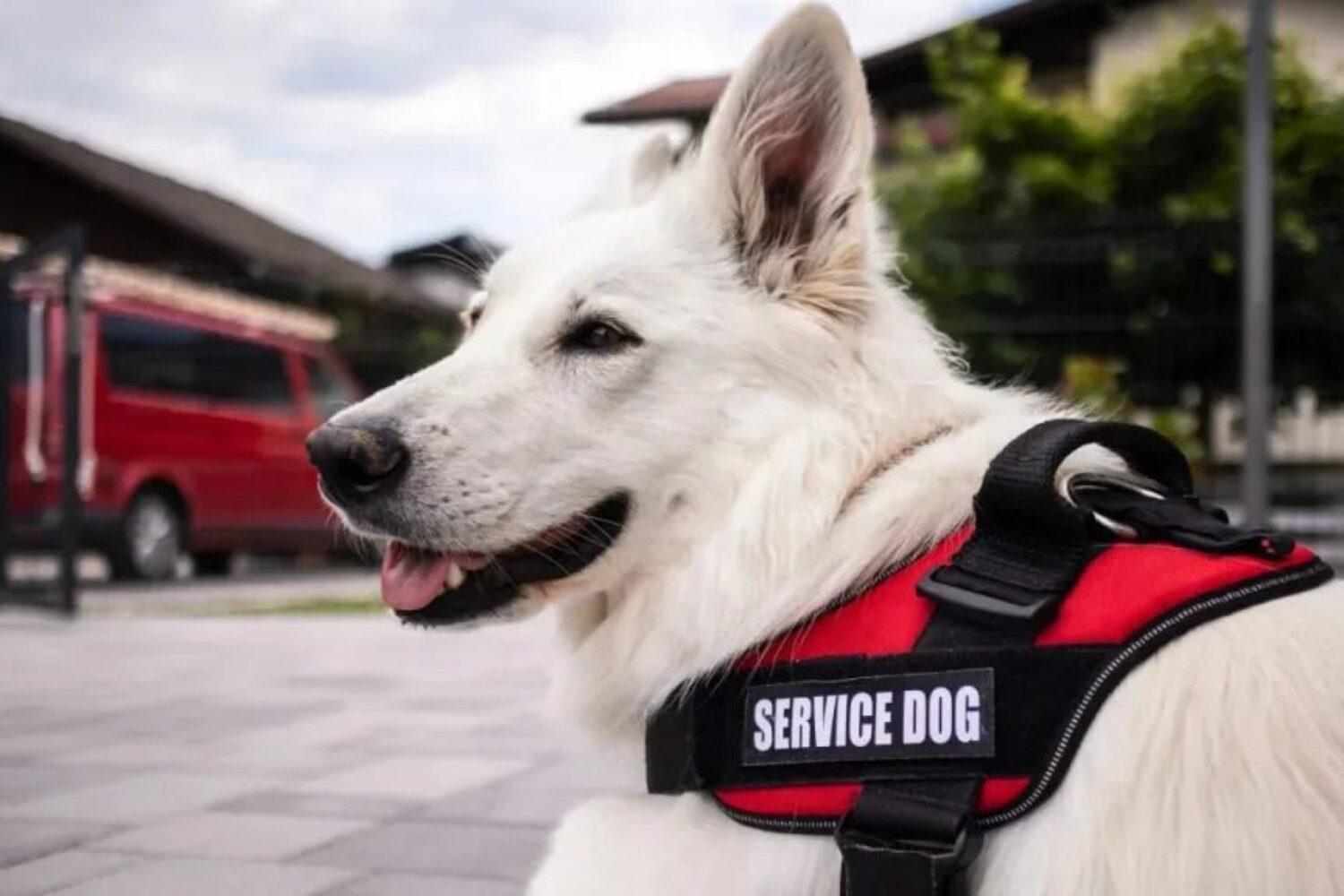Service Dogs and Therapy Dogs serve distinct roles in providing assistance and comfort, each with unique benefits and methods.
Service Dogs:
Service Dogs are specially trained to assist individuals with disabilities. These disabilities can be physical, such as mobility issues, or invisible, like post-traumatic stress disorder (PTSD). These dogs undergo rigorous training to perform specific tasks tailored to their owner's needs. For instance, a guide dog helps individuals with visual impairments navigate their surroundings, while a mobility assistance dog aids those with limited mobility in daily tasks.
The benefits of Service Dogs are profound, offering increased independence and improved quality of life for their owners. These dogs provide a sense of security, helping individuals navigate the challenges associated with their disabilities. The bond between a Service Dog and their owner is crucial, as the dog becomes an integral part of their daily routine.
Therapy Dogs:
On the other hand, Therapy Dogs are trained to provide emotional Service and comfort to various individuals, often in institutional settings such as hospitals, schools, or nursing homes. Unlike Service Dogs, Therapy Dogs are not individually trained for a specific person but rather for a therapeutic purpose. Their role is to bring joy and relief to people in stressful or challenging situations.
Therapy Dogs undergo training to ensure they are well-behaved and comfortable in various environments. Their primary goal is to provide companionship, reduce anxiety, and uplift the spirits of those they interact with. The benefits of Therapy Dogs extend beyond the immediate emotional Service; studies have shown that interactions with Therapy Dogs can lead to reduced stress levels and improved overall well-being.
Future Outlook:
The future of Service and Therapy Dogs is promising, with a growing recognition of their positive impact on human health and well-being. Advances in training methods, including the use of technology such as virtual reality simulations for training, are enhancing the efficiency of preparing these dogs for their roles.
Moreover, there is an increasing acknowledgment of the mental health benefits associated with Service and Therapy dogs. As societal awareness of mental health issues continues to rise, these dogs may play a crucial role in therapeutic interventions for conditions like anxiety, depression, and PTSD.
In the future, we can anticipate a broader integration of Service and Therapy dogs into various healthcare and community settings. Legislation and policies may evolve to ensure better access and accommodation for individuals with Service dogs. Additionally, ongoing research may uncover new ways in which these dogs can contribute to human well-being, further solidifying their place as valuable companions and helpers in our society.

